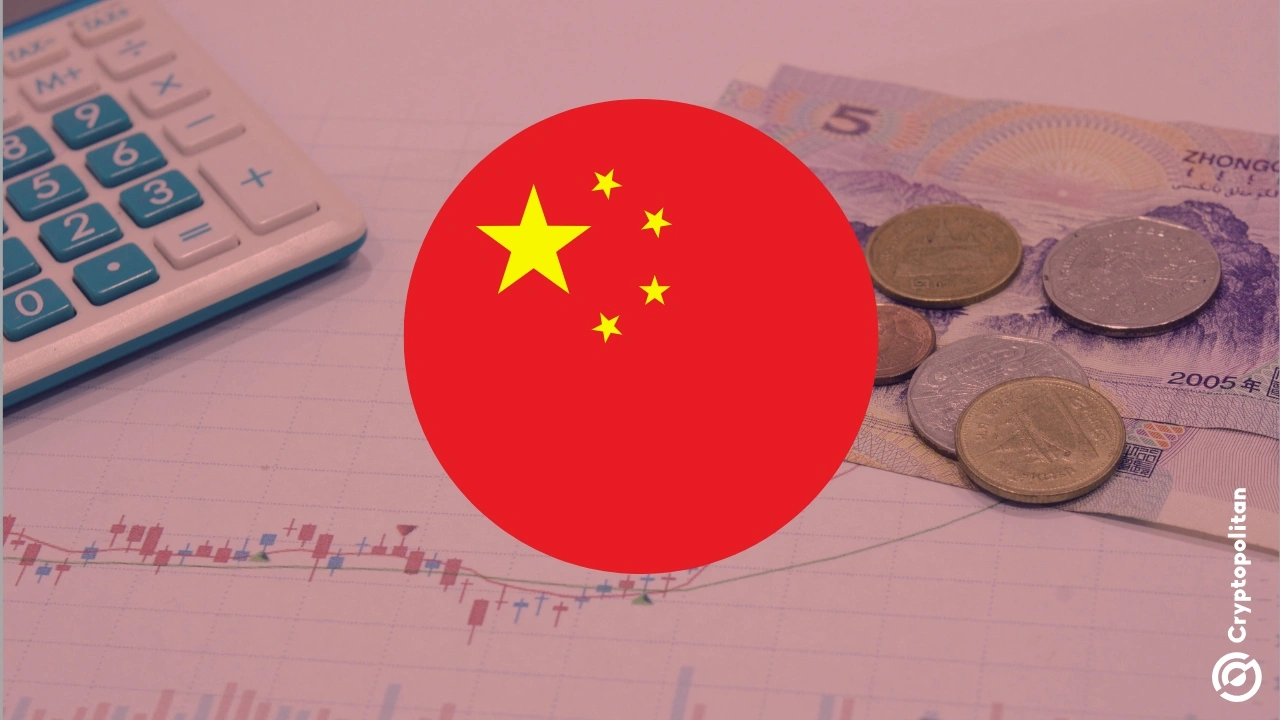China’s stocks shot upward after the politburo vowed to use ‘unconventional’ stimulus methods to boost and stabilize both the domestic stock and property markets. The CSI 300 Index rose by 3.3% as the market positively responded to the policymakers’ promise to implement a ‘more proactive’ monetary policy.
Chinese leaders agreed that a ‘moderately loose’ monetary policy would revive economic growth in the world’s second-largest economy. Bank of America analysts said the readout from the politburo meeting helped confirm that top Chinese leaders were fully aware of the aggregate demand weakness and were serious about addressing it.
China to use unconventional stimulus measures to boost economic growth
China’s politburo, the Communist Party decision-making body chaired by President Xi Jinping, pledged to adopt a more ‘proactive’ and ‘unconventional’ fiscal policy to revive the country’s economy. According to the Financial Times, markets interpreted the pledge to implement favorable monetary policy positively.
Notably, yields on China’s benchmark 10-year bonds dropped five basis points to a record low of 1.86%. It indicated that investors were betting on more interest rate cuts from China’s central bank since bond prices move inversely to yields.
Policymakers also vowed to ‘vigorously boost consumption’, indicating strong support from the Chinese government. Investors were looking for more signs that Beijing was stepping up to boost consumer demand as the country’s economy faced deflationary pressure for the better part of 2024.
Trade data from December 10 showed a YoY 3.9% decline in China’s November imports, the most recorded since February, which reflected weak demand. Inflation data from December 9 also revealed a YoY 0.2% consumer price increase in November.
“The politburo meeting yesterday signalled [a boost to] domestic demand next year. The market is anxiously waiting for details on what exactly the government will do.”
–Zhiwei Zhang, president and chief economist at Pinpoint Asset Management
Zhang claimed that the contraction of imports was consistent with the weak consumer price data. Xi Jinping, the Chinese president, said China had full confidence in achieving this year’s economic growth target. He added that the country would continue playing its role as the world’s largest economic growth engine.
China’s export growth slows down in November amid trade war concerns with the U.S.
Capital Economics noted that China’s export growth had slowed significantly in November but doubted whether this signaled the end of the country’s recent export boom. Experts from the economics research company expected exports to accelerate again in the coming months. Capital Economics disclosed that the acceleration would be supported by increased export competitiveness exporters’ front-running tariffs. China’s November exports rose 6.7% from a year earlier, below what Capital Economics analysts had predicted in dollar terms.
Chinese leaders are due to hold the Central Economic Work Conference this month to set the agenda for the country’s economy in 2025. Beijing is also expected to prepare for a possible fallout with Washington as Trump’s trade policy changes threaten to widen China’s trade surplus with the U.S., which increased from $33.5 billion in October to $34.9 billion in November.
President Xi said China was willing to maintain dialogue with the U.S. government to expand cooperation and manage differences. He asked the U.S. side to meet China halfway in developing healthy and stable U.S.-China relations. Xi warned that the trade wars between the U.S. and China would have no winners because they went against historical trends and economic rules.
A Step-By-Step System To Launching Your Web3 Career and Landing High-Paying Crypto Jobs in 90 Days.





